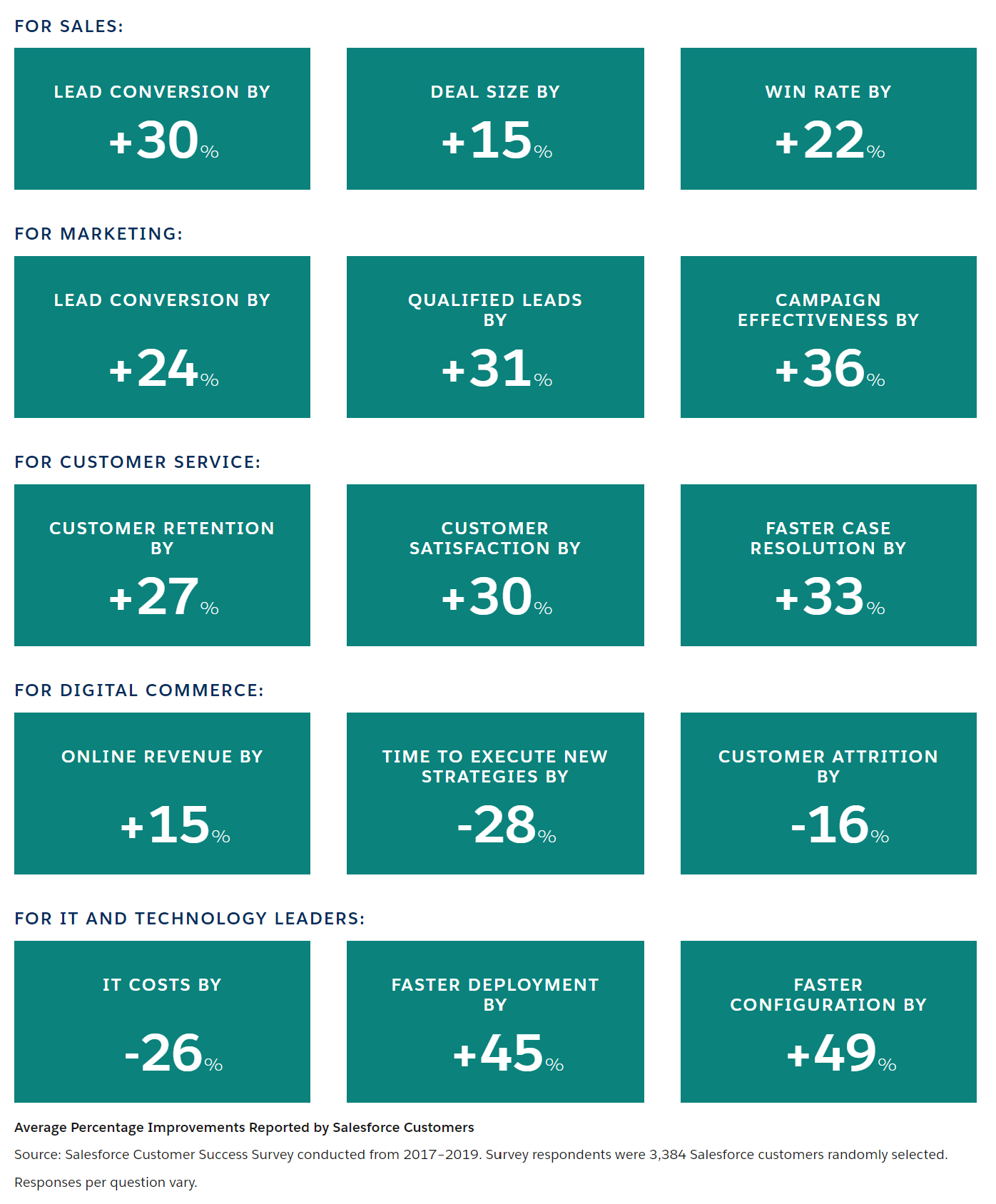monday.com
as a CRM
Why Every Business Needs a CRM
Table of Contents:
Your business thrives when you can focus on your customers and users, providing the products and services that meet their needs.
What is a CRM?
A Customer Relationship Management system, commonly referred to as a CRM, is software designed to nurture your relationships with customers and keep track of all your communications with them.


A CRM Focuses Everything Around Your Customers
Your customers are, ultimately, your most valuable resource. It's all too easy to lose customers when your focus is drawn elsewhere, even to your organization's growth. A CRM pulls together in one place all the information you've ever gathered about every single customer: their preferences, their contact information, their order history, their current order status, their problems and needs, and their customer service issues.

A CRM Helps Your Teams Work Together
With the easy access to customer relationship data provided by a CRM, your sales, marketing and customer service teams can all be on the same page. When internal collaboration is easier between functional teams, the customer journey becomes seamless from beginning to end, enhancing customer loyalty and retention.

A CRM Tracks and Simplifies Customer Interactions
Your customers come to you through many channels. If you have to dig separately into call logs, live chat records, emails and a myriad of social media platform records to gather the different ways a single customer has contacted you, you're liable to miss key information — not to mention waste a lot of time.
Your CRM gathers all those interactions into one place, simplifying your process. It also keeps you on top of customer interactions so you can respond instantly, avoiding the delays involved when you're always trying to play catch-up.

A CRM Lets You Automate Routine Tasks
How much time do your sales, marketing and customer service teams spend on mundane tasks that ultimately drain their energy and waste their time? Your CRM system takes many of those tasks off your teams' desks, freeing them up to focus attention on your customers. As a bonus, the automation provided by CRM solutions also helps eliminate the human errors that can drive customers away.

A CRM Reveals Hidden Insights
The data you're gathering on your customers, clients and leads can be overwhelming. There's just too much of it for any human team to crunch. That's where your CRM comes in. It helps you understand what matters in that horde of data, analyzing and drawing out the insights that will help you make smart decisions. Your CRM can analyze the metrics that are most important to your business, creating customizable reports that let you view the data from a myriad of angles, the better to understand your customers and your marketplace
Types of CRMs
CRMs are typically divided into three types: operational, analytical and collaborative CRMs. Operational CRMs streamline business processes, including lead generation and conversion, sales automation, marketing automation and service infrastructure. Analytical CRMs help with the analysis of all the data collected during customer interactions, producing insights that help management make smart decisions. Collaborative CRMs focus on sharing information across teams, divisions and departments, thereby improving customer experience and customer retention.

Account/Client Management CRMs
CRMs are also especially useful when it comes to managing accounts and clients. By bringing together all data about clients in one place, businesses can become more productive and therefore more profitable. Tracking every interaction between your organization and your customers or clients means that you're always on top of any issues and have what you need to
The single view of each customer provided by a CRM empowers account managers so they can see customers' needs and help meet them. They're also able to keep their own teams fully informed at all times so that any member of the team can deliver highly personalized customer support and deal with any issue.
The insights provided by the CRM help account managers focus on customer lifecycle management, using customers' past behavior to predict future actions. This ability helps managers to prepare to meet client expectations and to see easily where upselling or cross-selling might be appropriate.
The insights provided by the CRM help account managers focus on customer lifecycle management, using customers' past behavior to predict future actions. This ability helps managers to prepare to meet client expectations and to see easily where upselling or cross-selling might be appropriate.